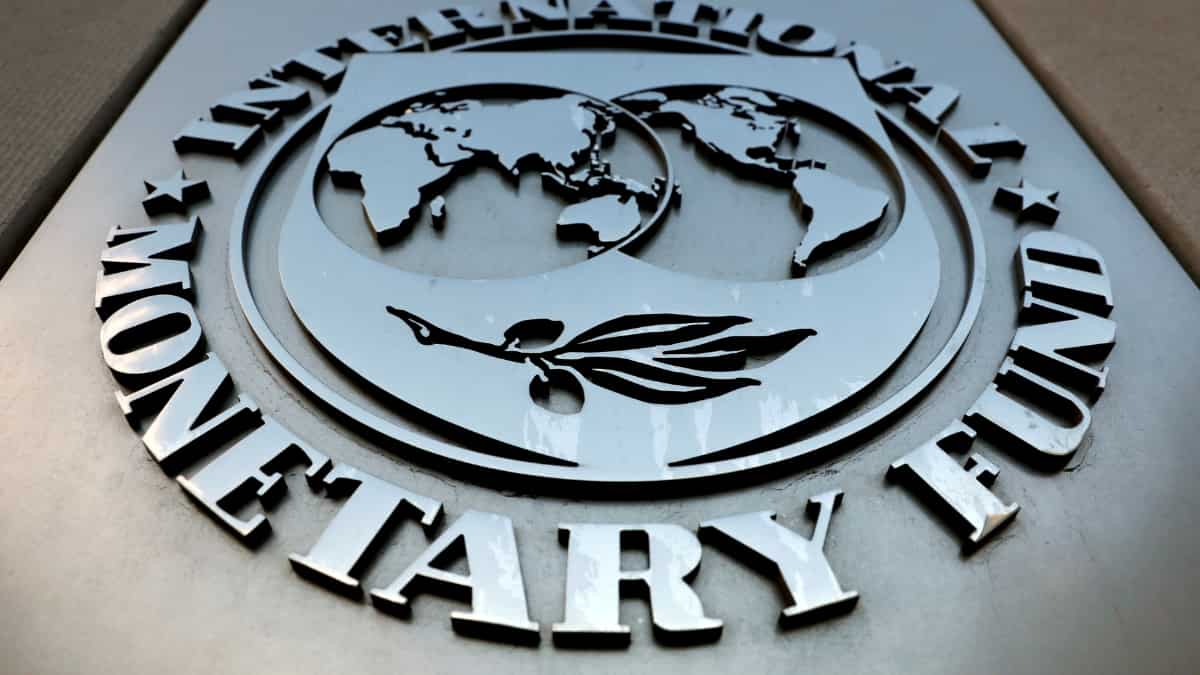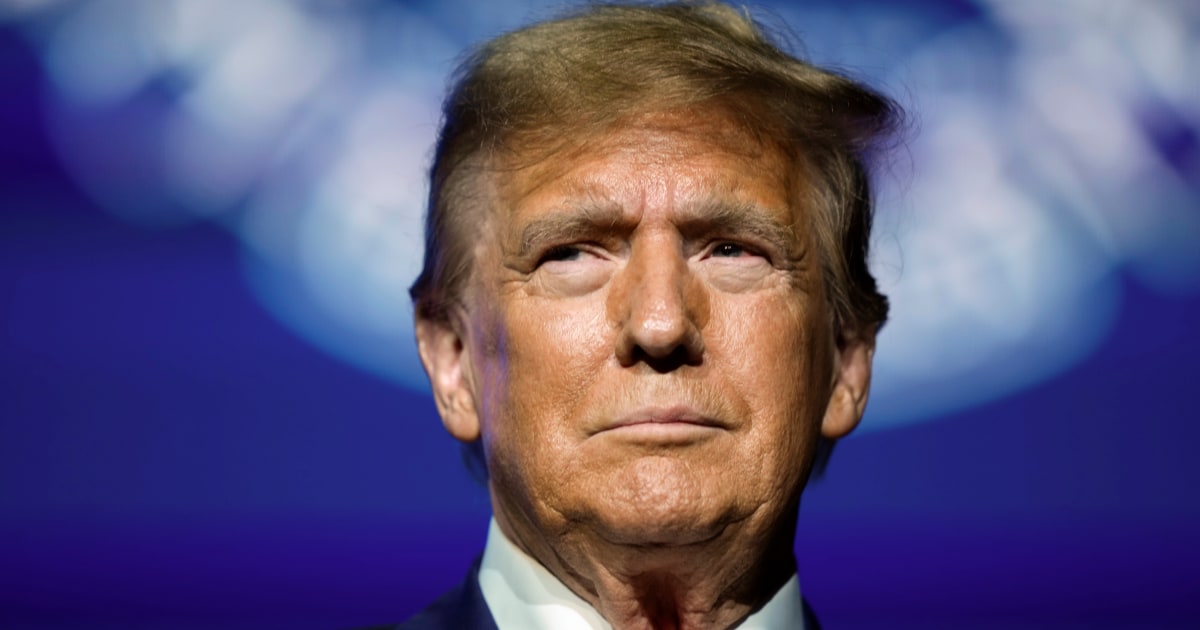Pakistan is reportedly planning to seek a new loan of at least $6 billion from the International Monetary Fund (IMF) to assist the incoming government in repaying billions of dollars in debt due this year. According to Bloomberg News, a Pakistani official revealed this development, highlighting the country’s efforts to manage its financial obligations.
The country aims to negotiate an Extended Fund Facility (EFF) with the IMF, with talks expected to commence in March or April.
Last summer, Pakistan narrowly avoided defaulting on its financial obligations, owing to a short-term bailout package from the IMF. However, as the programme is set to expire next month, the incoming government must negotiate a comprehensive, long-term arrangement to ensure the stability of the $350-billion economy.
IMF’s conditions and prior measures
In preparation for the bailout, Pakistan had to implement various measures as per the IMF’s requirements. These included revising its budget, raising its benchmark interest rate, and implementing hikes in electricity and natural gas prices. Such measures were necessary to meet the IMF’s conditions and stabilise the country’s financial situation.
Neither the IMF nor Pakistan’s caretaker finance minister provided an immediate response to Reuters’ request for comment on the Bloomberg report. However, ratings agency Fitch emphasised the critical importance of securing financing from multilateral and bilateral partners for Pakistan’s external position. Failure to secure a new deal could exacerbate external liquidity stress and increase the risk of default.
Securing a new IMF loan is imperative for Pakistan’s financial stability and credit profile. The next government faces the urgent task of negotiating a comprehensive, long-term arrangement with the IMF to address the country’s debt repayment needs and ensure economic stability in the face of external challenges.
Obtaining a new IMF loan is crucial for Pakistan’s financial stability and credit standing. The incoming government must quickly negotiate a thorough, extended agreement with the IMF to manage the country’s debt obligations and maintain economic stability in light of external pressures.



